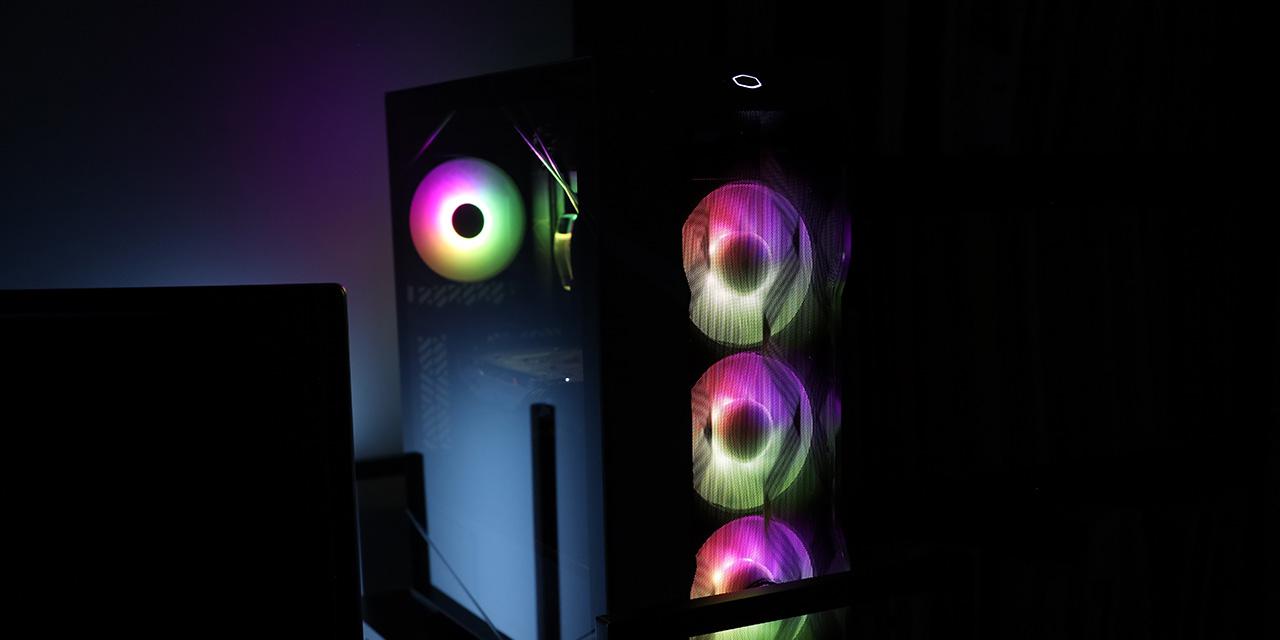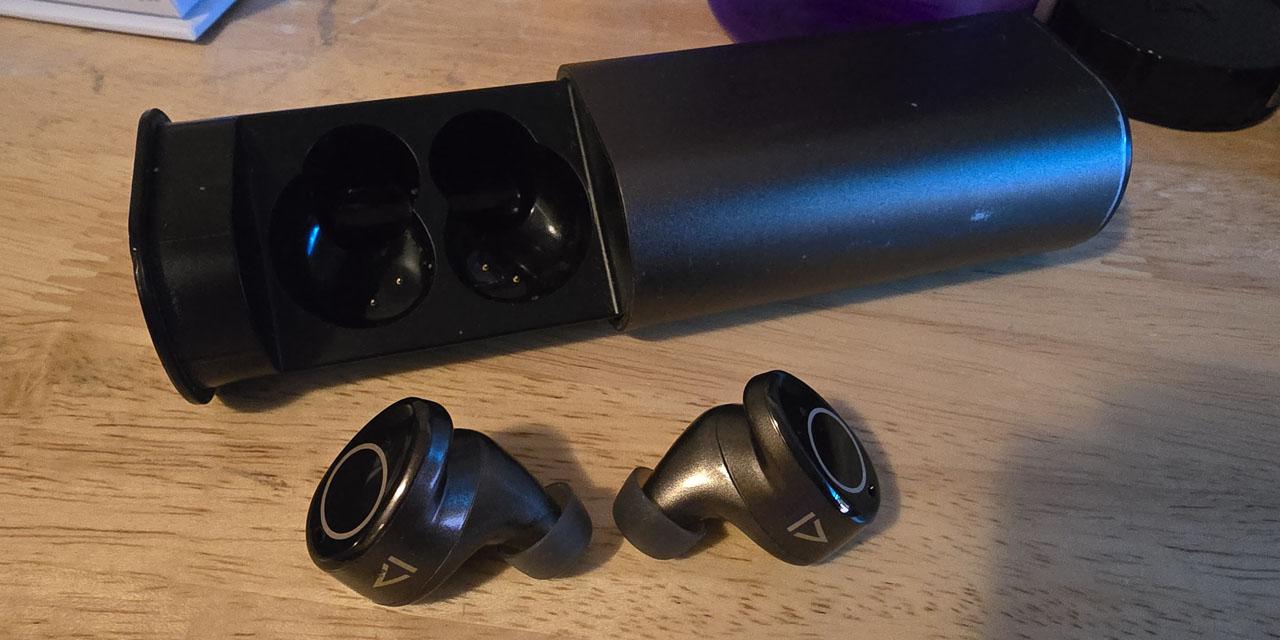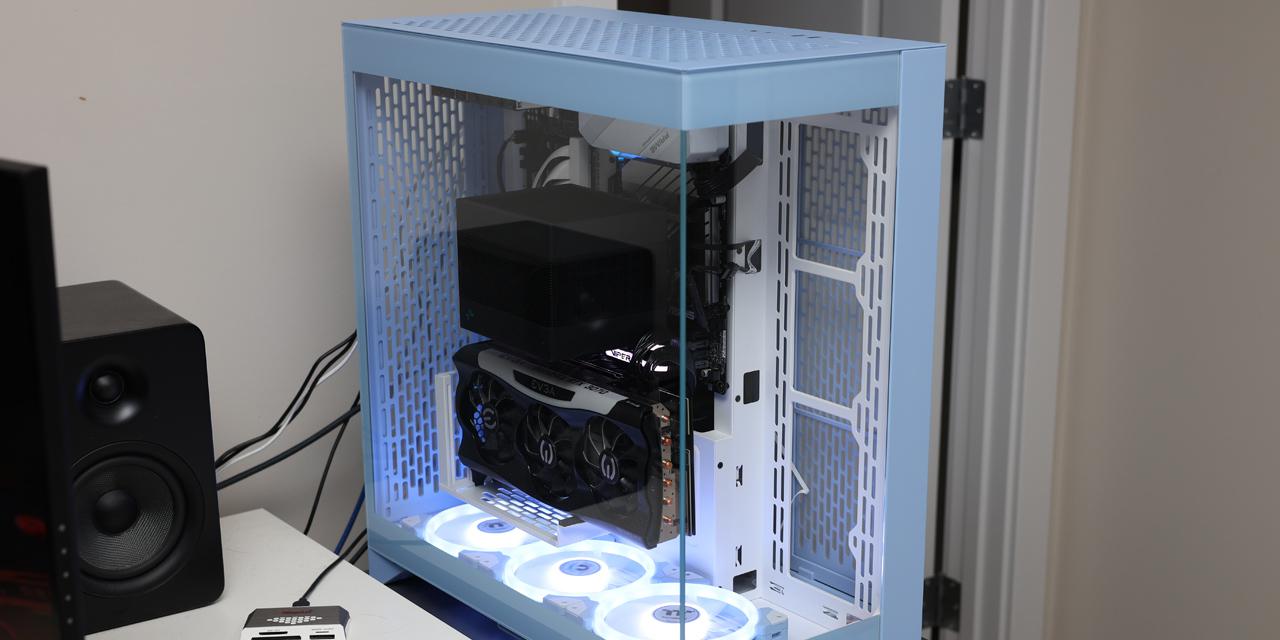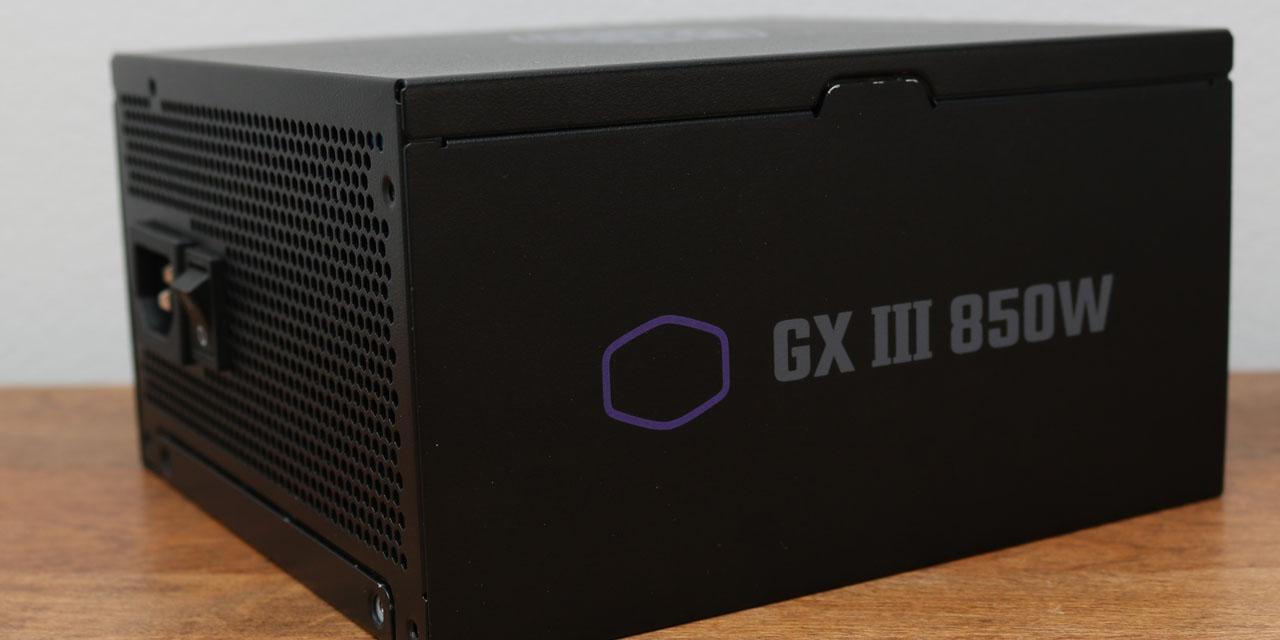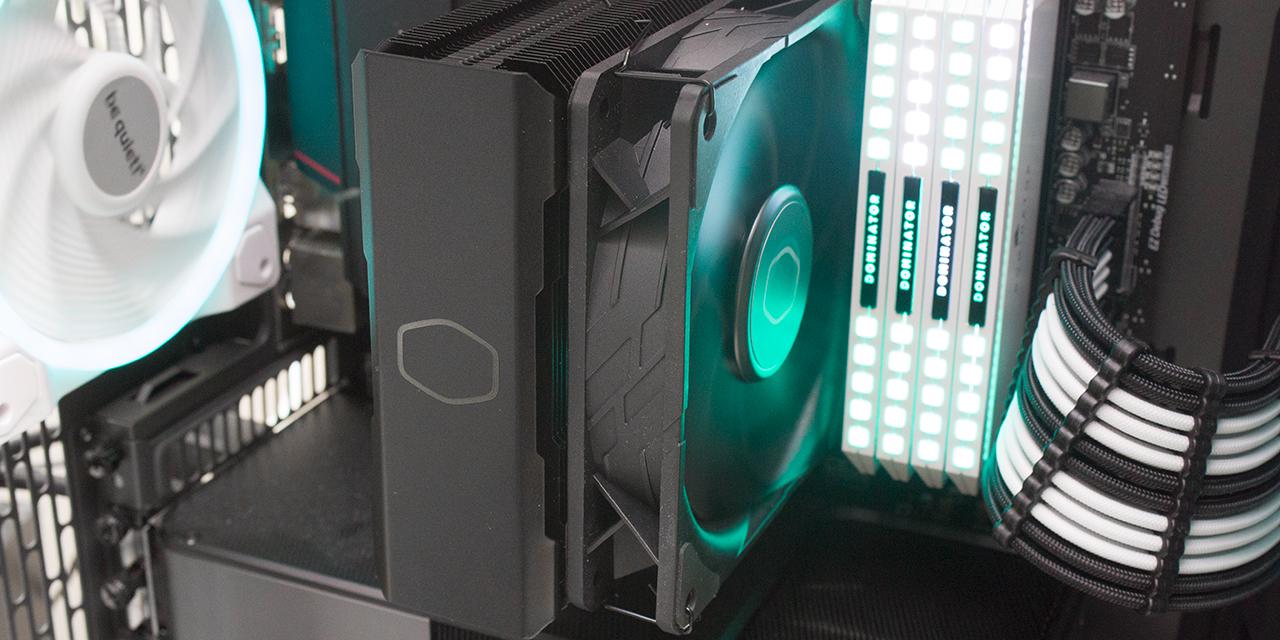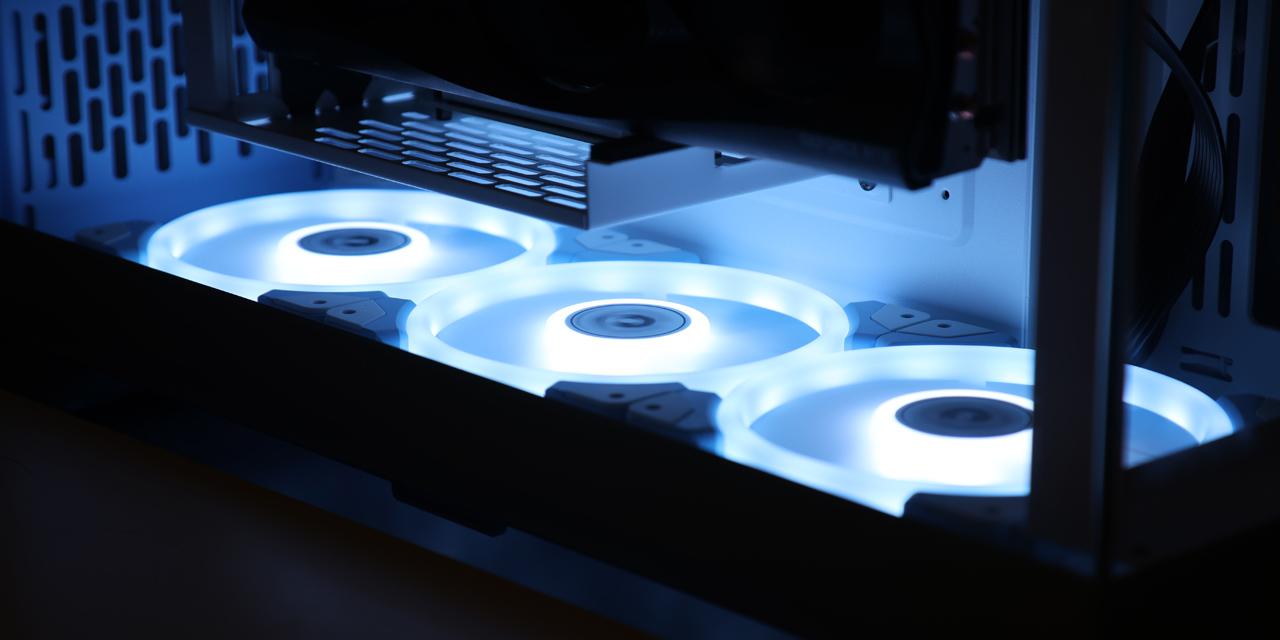|
From X-bit Labs: Strong sales of Nvidia Corp.'s latest graphics processing units (GPUs) based on Kepler architecture and growing demand for Tegra system-on-chips uplifted Nvidia's revenue and margins in the second quarter of fiscal 2013. Unfortunately, tight supply of products made using 28nm process technology continued to impact Nvidia's growth. In addition, the company's operating expenses increased to over $400 million, which harmed the company's profitability. "Our investments in mobile computing and visual computing are both paying off. Tegra has achieved record sales as tablets come into their own. Our GPU business made strong gains in a weak market, boosted by our breakthrough Kepler architecture. Looking ahead, we're optimistic, as our investments position us right at the center of the fastest growing segments of computing," said Jen-Hsun Huang, president and chief executive officer of Nvidia. Nvidia's consumer GPU business (includes GPUs, memory and license revenue from cross-license agreement with Intel) was up 15.3% from the prior quarter, at $668.3 million, thanks to increased demand for high-end graphics processing units, such as GeForce GTX series as well as due to record shipments of discrete GPUs for notebooks powered by Intel Core i-sereis "Ivy Bridge" chips. Revenue for Nvidia's professional solutions business (includes Quadro workstation graphics and Tesla compute solutions) was down 7.7% from the prior quarter, at $196.3 million. Nvidia believes that the PSB was impacted by the delayed ramp of Romley workstations and economic problems in Europe. Revenue for consumer products business (includes Tegra SoCs, Icera baseband processors and RF transceivers, embedded products, and license, royalty and other revenue associated with game consoles) was up 35.5% from the prior quarter, at $179.7 million. The increase was largely attributable to record revenue for Tegra, with the continued ramp of smartphone and tablet devices based on Tegra 3 chips, primarily Google Nexus 7 and forthcoming Microsoft Surface powered by Windows RT. View: Article @ Source Site |
 |
Nvidia's Kepler and Tegra Products Lift Up Nvidia's Sales
© Since 2005 APH Networks Inc. All trademarks mentioned are the property of their respective owners.
